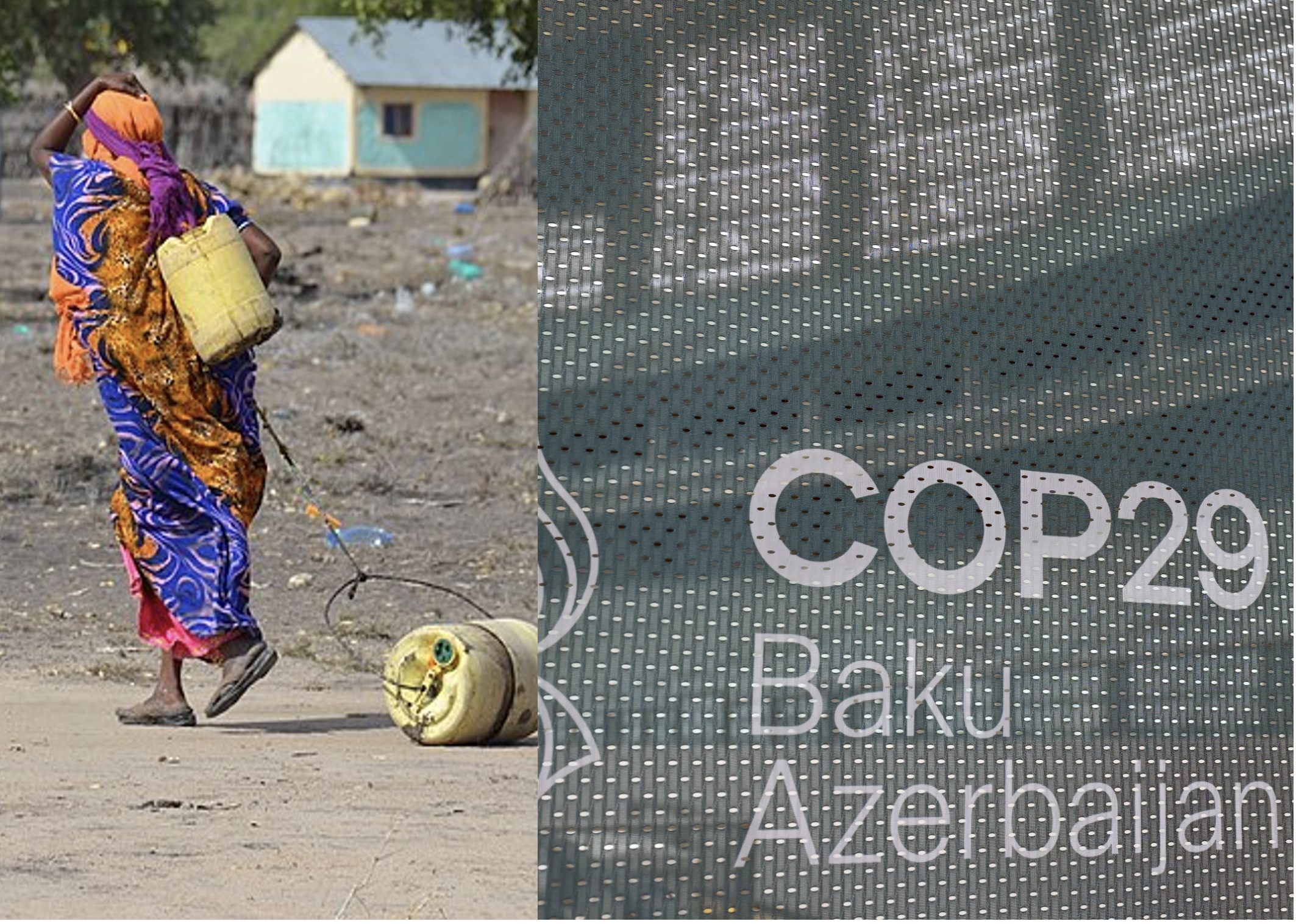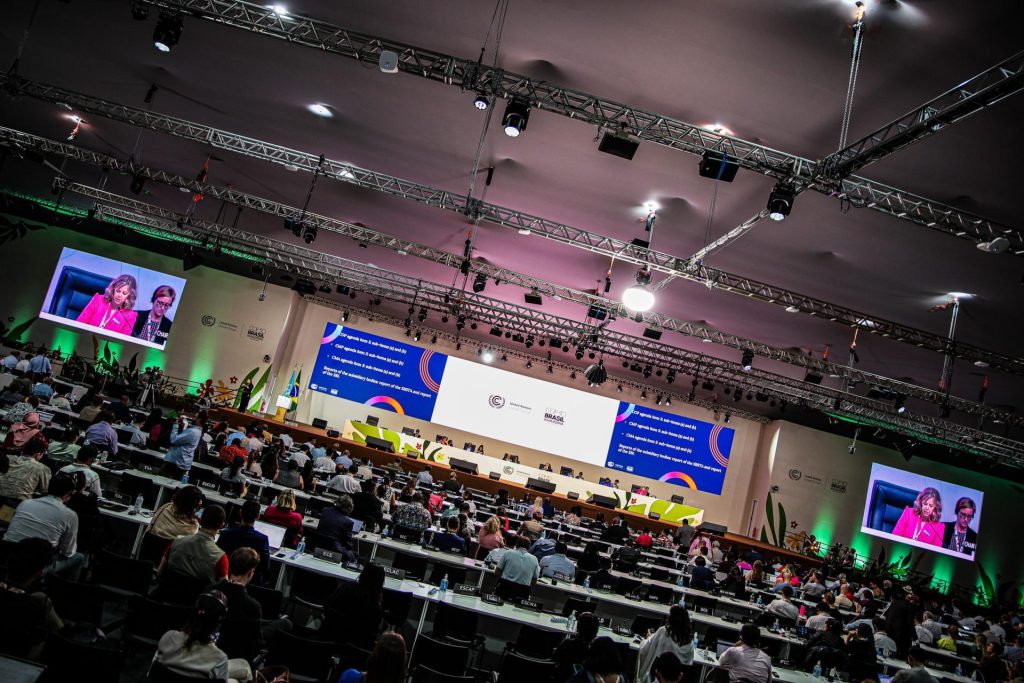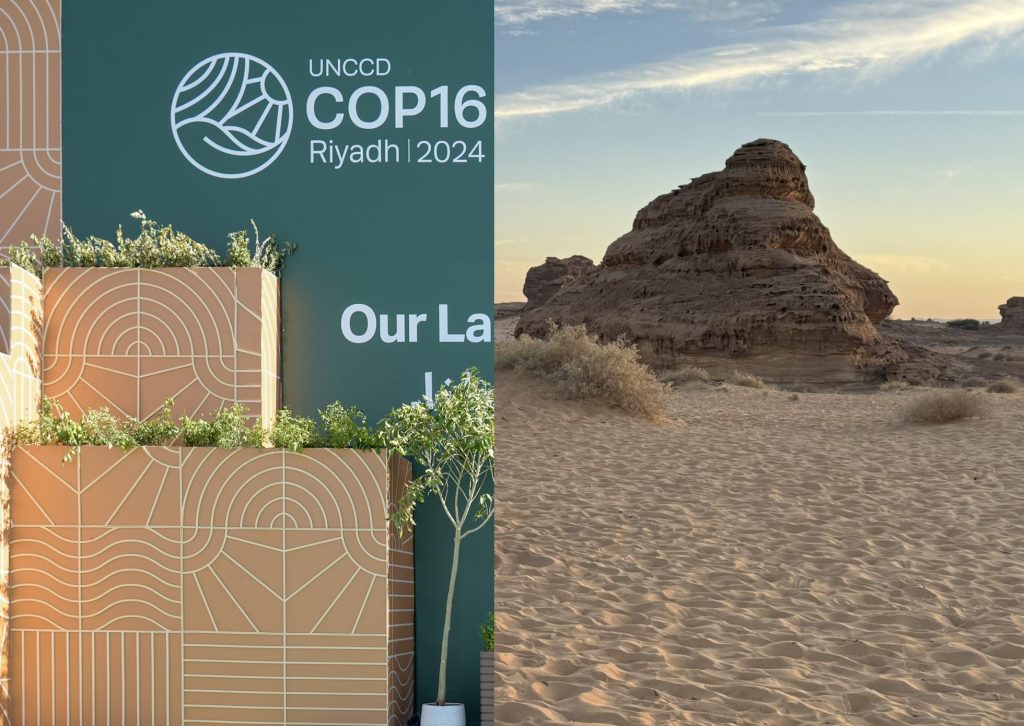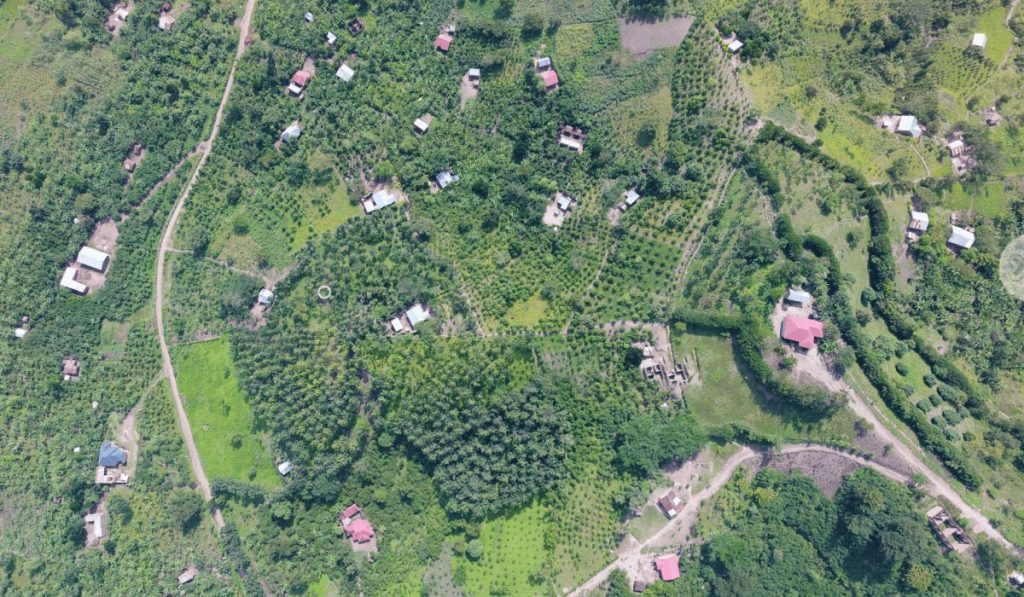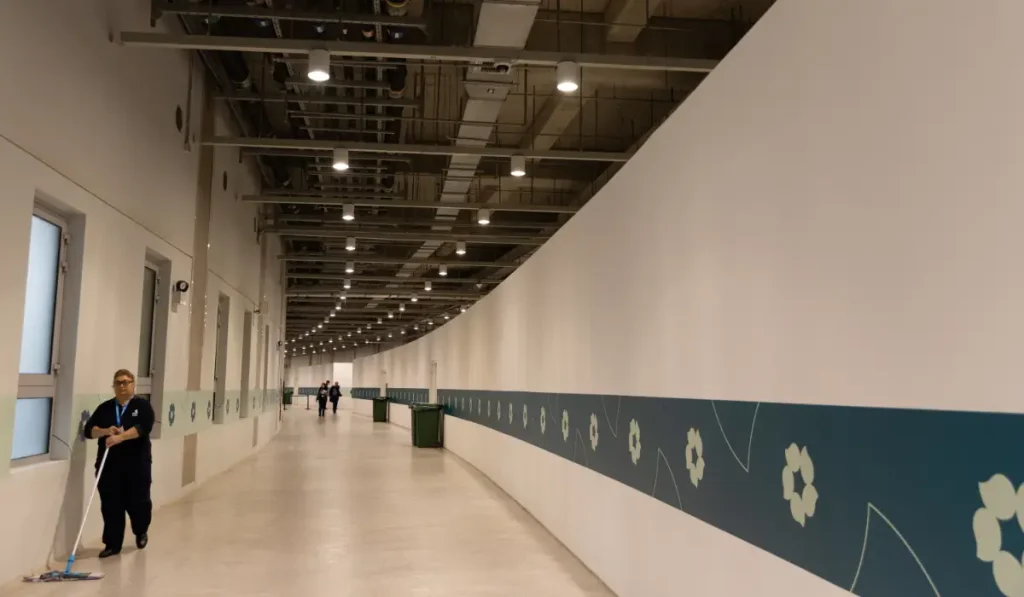In 2015, countries agreed to establish the Global Goal on Adaptation under the Paris Agreement. Despite its importance for the Global South, this goal was neglected compared to the other goals of the Agreement. It took six years of consistent and determined pushing from developing countries to finally breath life back into it, including through the Glasgow–Sharm el-Sheikh Work Programme in COP 26 aimed at fast tracking the operationalisation of the GGA, then the UAE Framework on Global Climate Resilience launched in Dubai during COP 28. As part of this momentum last year, countries agreed to commence the UAE–Belém Work Programme on Indicators, tasked with agreeing on indicators for tracking achievements towards the targets for the GGA. The work on the indicators commenced at the mid-year climate talks, known as 60th UNFCCC Subsidiary Body meetings (SB 60), in Bonn with a roadmap on among others nomination of experts to support the development of the indicators across the thematic and dimensional targets of the Goal.
GGA Discussions Must be Rooted in the Realities of Implementation
The adaptation finance gap is alarmingly high: US$387 billion/year up to 2030 are the estimated developing country adaptation finance needs, yet only US$27.5 billion in international public finance flowed in 2022.
The world is witnessing extreme climate events that are hitting harder, year after year, making adaptation action a vital necessity now more than ever. But this trend seems to be inversely proportional to the commitments Global North countries are willing to make. This is evidenced by the flagrant lack of pledges this year to the Adaptation Fund, which missed its US$300 million goal by over US$200 million, with a total of US$61 million pledged at the COP. This is 68% less than what was pledged in 2023, confirming a decreasing pattern observed over the past years.
Both the quantum and the quality of finance (non-debt generating/in grant equivalent terms) are terribly lacking when it comes to adaptation.
Given this context, as developing countries, we cannot accept discussions on the GGA being limited to technical debates about indicators to “measure progress” in climate adaptation. Instead, these discussions must be firmly grounded in the realities of implementation. In particular, indicators for Means of Implementation (MoI, such as finance, capacity building and technology transfer) are critical. They directly affect the adequacy of adaptation actions, and determine the support provided to implement them, and hence are essential to fully operationalise the GGA and achieve its fundamental elements: strengthening resilience, reducing vulnerability, and enhancing adaptive capacity.
This unified call from the Global South has faced resistance right from the beginning. The language on MoI in the final decision coming out of COP29 is significantly weaker than what African and other developing countries and groups had anticipated. Instead, the text dilutes it within broader terminology on “indicators for enabling factors for the implementation of adaptation action.” In doing so, it blurs MoI with national elements such as governance, political will, and institutional arrangements, rather than focusing explicitly on crucial aspects like finance, capacity building, and technology transfer.
Despite these challenges, the resolve of the Global South to pursue meaningful adaptation action and support remains steadfast. For the Global South, adaptation is not merely an option but a matter of survival, as evidenced by the severe and widespread impacts of climate change experienced across the globe. The urgency for adequate, predictable, and timely financial resources from developed to developing nations is paramount to achieving the GGA, implementing National Adaptation Plans (NAPs), and addressing nationally defined adaptation priorities. Platforms like the Baku Adaptation Roadmap launched at this COP should focus discussions on how to enhance adaptation action and support for full implementation of the GGA, among other things.
The Decision Outcome: Mixed Reactions and Outlook
The GGA decision in Baku received mixed reactions, reflecting both progress and setbacks. The Global South had approached the negotiations with high expectations of achieving tangible outcomes. However, as is often the case, the final decision presented both wins and losses for developing countries.
Key priorities included anchoring a dedicated GGA agenda item under the Paris Agreement negotiations post-COP 30, ensuring that the GGA framework informs the Global Stocktake, providing clear guidance to experts on indicator refinement for their technical report before the climate talks mid-next year, establishing a roadmap for reviewing the framework, limiting the number of indicators to a manageable figure (around 100 as suggested by some), promoting adaptation that is guided by the best available science (potentially through an IPCC task force for sustained scientific input), and integrating indicators for MoI, among other priorities.
While some of these aspirations were realised, significant gaps remain, particularly the absence of strong language on MoI. Without robust provisions for MoI, the effectiveness of indicators is substantially undermined.
Transformational Adaptation as the new point of contention
A report on transformational adaptation was released a few days before COP 29, and it is a topic that developed countries are keen to advance. Transformational adaptation is a concept that is still theoretical and evolving in most respects, primarily entailing the disruption and radical transformation of systems to adapt to climate impacts. But do we need to discuss this at this stage while even our basic, immediate and most pressing adaptation needs are not yet met by serious financial commitments from the Global North? At least many developing countries and groups argued that they needed time to interrogate the report on transformational adaptation and analyse how this theoretical concept can be relevant to their priorities and needs, prior to any discussion.
No consensus was reached in Baku on this issue, which emerged as a point of contention not only between developed and much of the developing world – which regards it as a non-subject at this stage – but also among developing countries themselves. Some participants rightly emphasised that transformational adaptation is not the sole approach to addressing climate adaptation challenges. The final text reflected a compromise, acknowledging the significance of incremental adaptation alongside transformational approaches and tasking the Secretariat with publishing a reader-friendly version of the report on transformational adaptation.
Ultimately, the science has spoken and clearly so, according to the WMO’s State of the Global Climate, 2023, the year 2023 was the warmest in record, the same report for 2024 confirms that this warming trend is not relenting with 2024 poised to break the record of 2023. Every increase in temperature portends more extreme events and hence the need for adaptation action and support.
We cannot emphasise enough that adaptation is the absolute climate priority for the Global South being the worst hit by the climate crisis. On the GGA, no meaningful progress can be achieved if discussions get lost in technicalities at the expense of the political outcome. Keeping this balance was a key concern for African and developing countries in Baku and will continue to be going forward. This is especially so now that our countries are facing the unfair challenge of having to accelerate adaptation implementation with the reality of diminishing support from historical polluters.
*Soha Benchekroun, is a climate and development policy researcher focusing on Africa and the global South, and a UNFCCC Climate Change Adaptation negotiator; Thomas Lerenten Lelekoitien, is a climate adaptation expert working with Government of Kenya, and UNFCCC Climate Change Adaptation and Loss and Damage negotiator.

